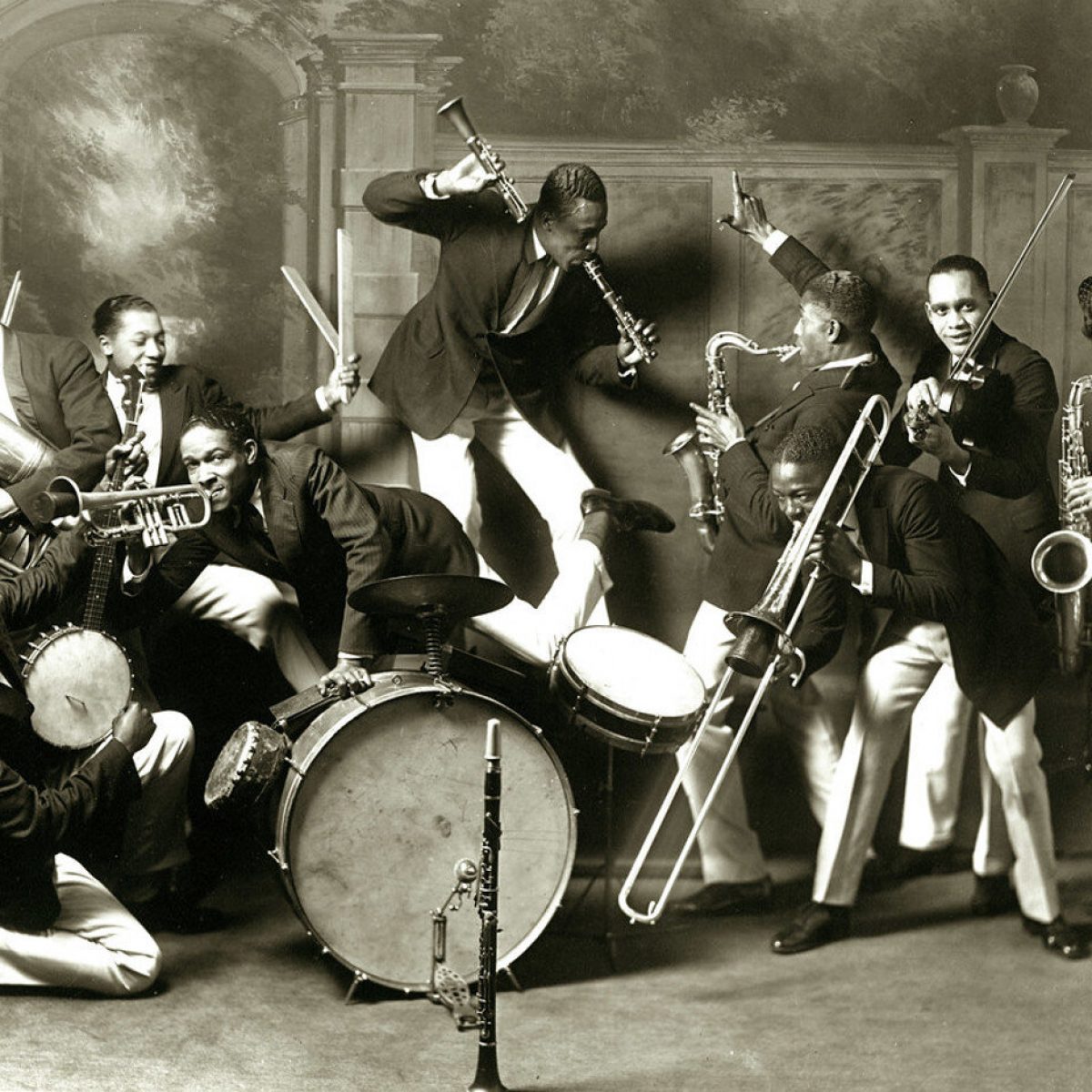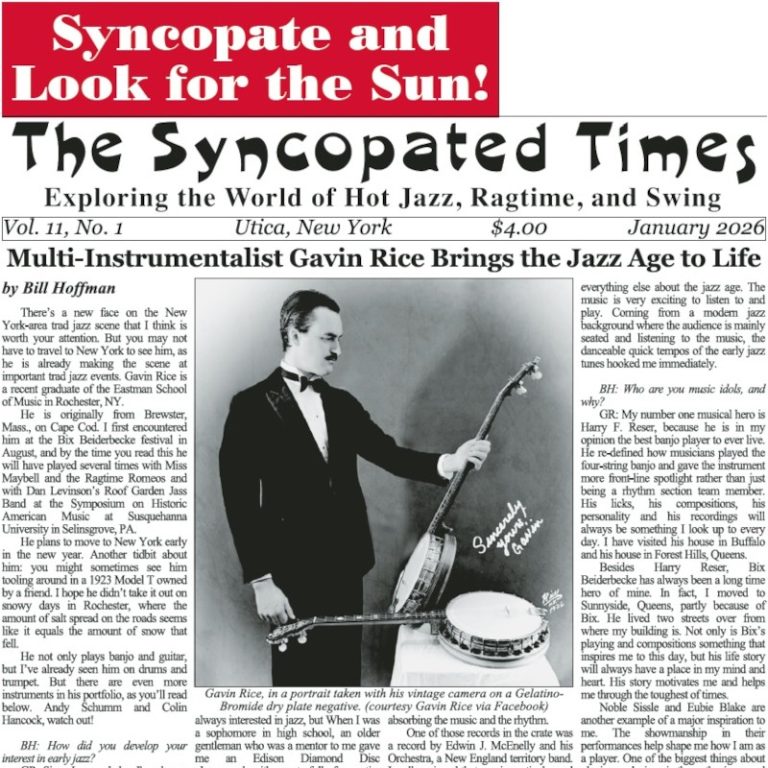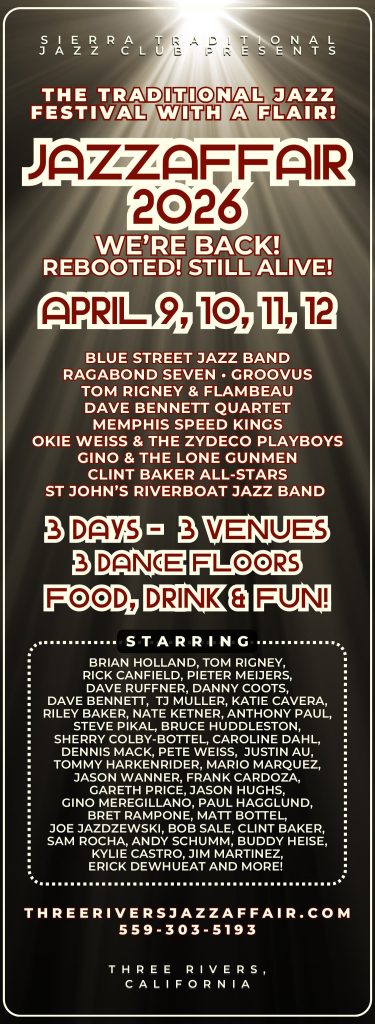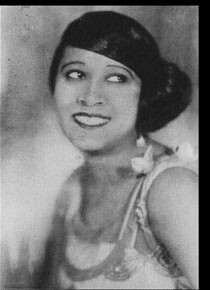 Edith Wilson (September 2, 1896 – March 31, 1981) was one of the stars of early African-American musical theatre. After working in vaudeville with her pianist brother Danny Wilson, Edith rose to prominence in 1921 when she replaced Mamie Smith in Perry Bradford’s musical revue Put And Take.
Edith Wilson (September 2, 1896 – March 31, 1981) was one of the stars of early African-American musical theatre. After working in vaudeville with her pianist brother Danny Wilson, Edith rose to prominence in 1921 when she replaced Mamie Smith in Perry Bradford’s musical revue Put And Take.
Bradford arranged for her to begin recording with Columbia in 1921. She then moved on to the Plantation Revue which was renamed From Dover Street To Dixie when the show moved to London, England in 1923. Returning to New York she appeared with Florence Mills in the musical revue Dixie To Broadway.
She continued to do theater and cabaret work in the New York area until 1926 when joined the Sam Wooding Orchestra and toured with the show “Chocolate Kiddies”. Wilson traveled the world with this show visiting England, Germany, Sweden, Spain, France, Switzerland, Istanbul, Turkey, Romania, Italy, Czechoslovakia, Holland, Belgium, Russia and Argentina off and on until 1929.
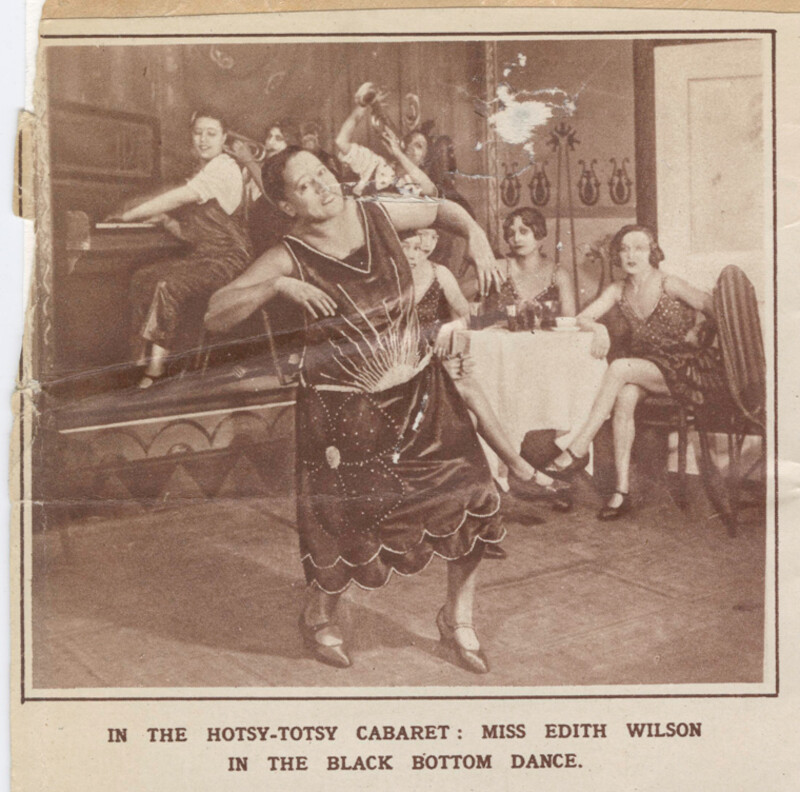
Throughout the 1930s she continued to be very busy appearing in dozens of musical revues and appearing with leading groups of the day such as the orchestras of Fess Williams, Cab Calloway, Jimmie Lunceford, Noble Sissle, Lucky Millinder and others.
During World War she frequently toured with various USO shows entertaining the troops and had small roles in a couple of films. Wilson had a regular role on the Amos N’ Andy radio show in the early 1940s playing Kingfish’s mother-in-law and she continued to do theater work. She sang on the radio and toured promotionally as Aunt Jemima for the Quaker Oats company up until the 1950s. She continued to be very activate in show business up until 1963 when she retired to work for the Negro Actors Guild. In the 1970s she began working in music again and recorded with Eubie Blake in 1972. Wilson died of a cerebral hemorrhage in 1981. Edith was the sister in law of Blues singer Lena Wilson.![]()
| Edith Wilson and Johnny Dunn’s Original Jazz Hounds |
| Edith Wilson and her Jazz Band |
| Title | Recording Date | Recording Location | Company |
| How Come You Do Me Like You Do? Accompaniment by “Alabama Joe” |
6-18-1924 | New York, New York | Columbia 14027-D |
| I’ll Get Even With You | 10-6-1930 | New York, New York | Victor V-38624 |
| It’s Gonna Be A Cold Cold Winter (Porter Grainger / Jo Trent) |
3-6-1925 | New York, New York | Columbia 14066-D |
| Muscle Shoals Blues Accompaniment by “Alabama Joe” (George W. Thomas) |
6-18-1924 | New York, New York | Columbia 14027-D |
| My Handyman Ain’t Handy No More | 10-6-1930 | New York, New York | Victor V-38624 63371-3 |
| My Handyman Ain’t Handy No More | 10-28-1930 | New York, New York | Victor V-38624 63371-5 |
| My Man Is Good For Nothing But Love | 11-19-1929 | New York, New York | Brunswick 4685 E-31586 |
| My Man Is Good For Nothing But Love | 11-22-1929 | New York, New York | Brunswick 4685 |
| There’ll Be Some Changes Made (Higgins / Overstreet) |
3-6-1925 | New York, New York | Columbia 14066-D |
| (What Did I Do To Be So) Black And Blue (Andy Razaf / Fats Waller) |
11-19-1929 | New York, New York | Brunswick 4685 31586 |
| (What Did I Do To Be So) Black And Blue (Andy Razaf / Fats Waller) |
11-22-1929 | New York, New York | Brunswick 4685 |
| Artist | Instrument |
| Alabama Joe (Roy Smeck) | Guitar |
| Harvey Brooks | Piano |
| Wilber de Paris | Trombone |
| Charlie Gaines | Trumpet |
| Emerson Harper | Clarinet |
| Earres Prince | Piano |
| Sam Speed | Banjo |
| Doc Straine | Vocals |
Redhotjazz.com was a pioneering website during the "Information wants to be Free" era of the 1990s. In that spirit we are recovering the lost data from the now defunct site and sharing it with you.
Most of the music in the archive is in the form of MP3s hosted on Archive.org or the French servers of Jazz-on-line.com where this music is all in the public domain.
Files unavailable from those sources we host ourselves. They were made from original 78 RPM records in the hands of private collectors in the 1990s who contributed to the original redhotjazz.com. They were hosted as .ra files originally and we have converted them into the more modern MP3 format. They are of inferior quality to what is available commercially and are intended for reference purposes only. In some cases a Real Audio (.ra) file from Archive.org will download. Don't be scared! Those files will play in many music programs, but not Windows Media Player.


